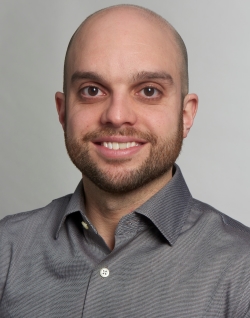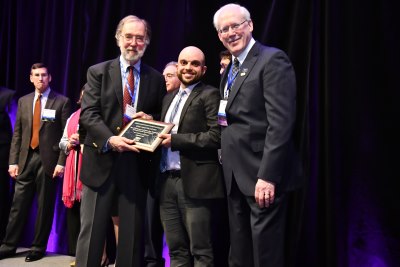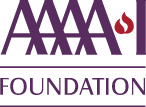Interview of Paul J. Maglione, MD, PhD

Dr. Maglione, attended school in the Hudson Valley of New York before attending college at the University of Rochester, where he majored in microbiology and had his first introduction to immunology research. He received his MD, PhD at the Albert Einstein College of Medicine in the Bronx, the hospital where he was born, before attending Mount Sinai in New York for his internal medicine residency, allergy/immunology fellowship and post-doctoral research. He was eventually recruited to Boston University, which allowed him to reunite with his fiancée whom he’d been living apart from for a few years as he pursued his research.
Institution: Boston University School of Medicine
Project: How B Cell Developmental Defects Shape Manifestations of Common Variable Immunodeficiency
Award Term: 2019-2022
What is the goal of your research?
I am interested in studying human B cell biology through the lens of primary immunodeficiency. As a physician-scientist I also see patients, and my clinical focus is on antibody deficiency, which dovetails well with my research focus. One of my more longstanding interests has been the mechanisms underlying non-infectious complications of the most prevalent form of symptomatic primary antibody deficiency, common variable immunodeficiency (CVID). My most recent work has focused upon the pathogenesis of the interstitial lung disease affecting CVID patients.
What made you decide to go into medical research?
I think medical research is interesting for a lot of people. The difference maker, at least for me, has been the inspiration of my mentors. My mentors really cultivated my interest by having open doors to discuss science. They welcomed my independent thoughts, provided feedback and simply showed me how joyful and productive medical research can be. A particularly inspiring moment was meeting with Charlotte Cunningham-Rundles, MD, PhD, FAAAAI, during my time as a medical student.
Then of course, there is the decision to stay in medical research once you truly realize how challenging it is. I have returned to the mentorship of John Chan, MD, and Dr. Cunningham-Rundles to help get me through many uncertain times.
What are your future research and career goals?
I am really excited to apply new approaches to immunodeficiency research, including the high throughput strategies that the AAAAI Foundation Faculty Development Award will support. I would love to apply these strategies to improve our diagnosis and treatment of immune deficiency, particularly in adults which likely have complex etiologies. I want to stay a physician-scientist involved in clinical immunology for as long as possible.

How has the Faculty Development Award helped you in your career?
Simply put, science is expensive and grants are hard to come by. This award will help me expand in directions that are vital for a successful research program. In the short term, it will help me address fundamental questions in CVID pathogenesis that I would not otherwise have had the funding to explore. It also allows me to expand my research and have more “irons in the fire” that could develop into an R01 or other forms of substantial research funding.
Who are your mentors?
Dr. Cunningham-Rundles, Andrea Cerutti, MD, PhD, John Chan, MD, Thomas Kepler, PhD, Jay Mizgerd, ScD, and David M. Center, MD.

